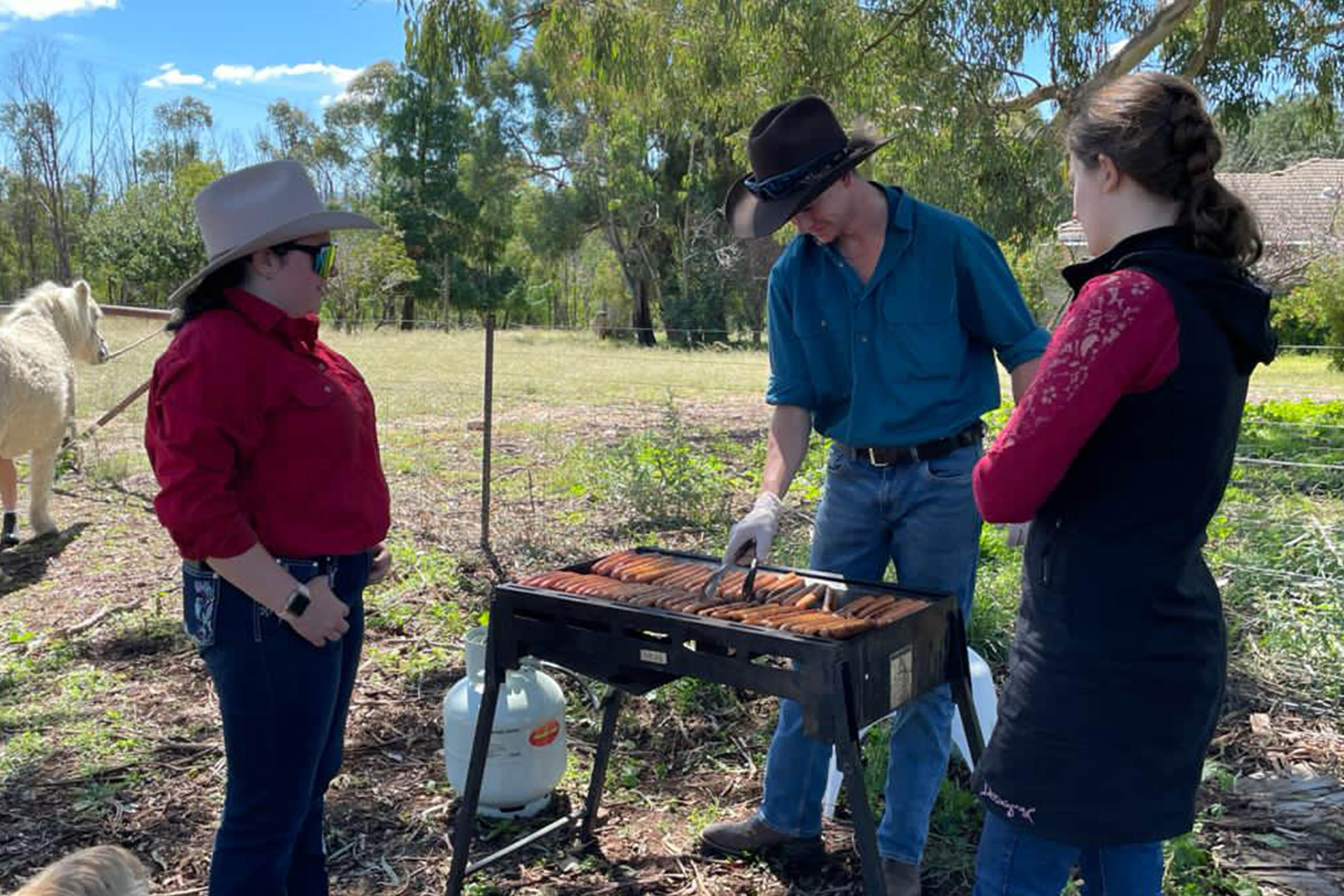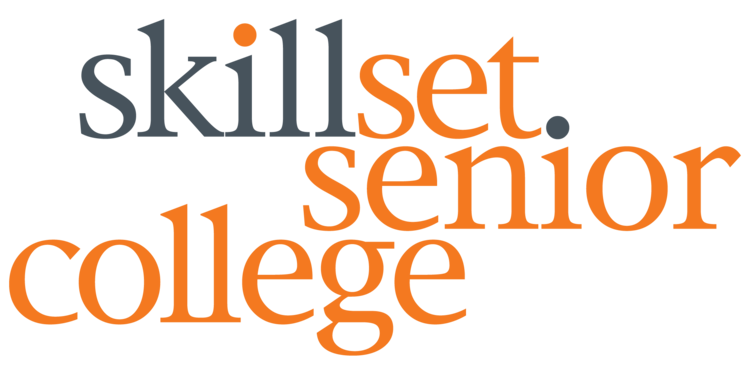Education
At Skillset Senior College, the goal is to use a variety of methods to create a learning environment that individuals can thrive in. We avoid the model of ‘schooling,’ which reinforces the idea of people at the top forcing knowledge on those at the bottom of the totem pole; instead we would rather steer the environment towards the ideology of ‘facilitating’ and ‘learning.’ By harnessing this approach, we will see young people’s natural inquisitiveness and curiosity develop into a greater desire for knowledge and success.
Our aim
Skillset Senior College aims to include a strong ideology of social justice in the curriculum. Values of access, equity and equality encourage participation amongst our students. Breaking down the power imbalance between student and teacher results in ‘engagement through relationship’ – and an environment that young people feel comfortable learning in.
Our aim is to deliver meaningful, relevant and future-focused education to young people who have previously found their access to educational success limited. We provide opportunities for these people to experience the reality that their potential is endless and they can succeed in an environment that is designed specifically for their inclusion and experiences.


Equal Opportunities
Skillset Senior College wants to ensure that all students have equal opportunities to learn. We provide all textbooks, work books, paper and stationery that students require at school. We also provide access to computers and other technology. Students at Skillset Senior College will not be asked to complete homework, however they are welcome to study at home or complete tasks in their own time if they feel that this would be of benefit.
Our differences
Key differences that create a distinction between the traditional ‘adult learning environment’ and our individual approach at SSC:
- students receive intensive support, not just with curriculum content, but with identifying learning styles, improving literacy and numeracy and working out where they may have ‘gaps’ in their knowledge
- the staff actively facilitate students’ self-regulation strategies and ‘wellbeing plans’ and encourage them to develop these
- staff take a high level of responsibility for student achievement, understanding the particular barriers that a student may face and offering encouragement, options and alternatives to help them overcome these


- students are rarely left to ‘sort it out’ on their own, with plenty of support available for catching up missed work, turning in assessments, creating strategies to increase attendance and help to navigate difficult circumstances that may impact on their education, health or wellbeing
- we recognise the impact of trauma and difficulty on brain development… and therefore we do not assume the ability to engage in school in an independent way, on par with other peers at the same age
- many staff are ‘primary trained’ with skills in helping learners who may have missed critical phases of development in their earlier learning
While most of our students demonstrate a high degree of self-determination in some areas of their lives, we recognise that they may not be benefiting from the same background, supports and resources as students in mainstream schools. The extra support we provide aims to rectify this imbalance, and enable school success.
